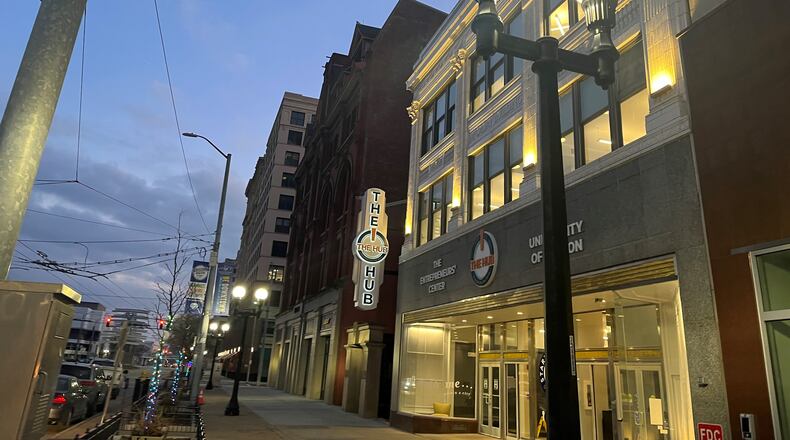The company already has upgraded more than 40% of its street lights in Dayton to LED, which are far more energy-efficient than the high-pressure sodium lights they replace, said Fred Stovall, Dayton’s director of public works.
LED fixtures also provide better quality lighting, reduced glare and improved visibility, which makes streets and neighborhoods safer, he said.
Miami Valley Lighting owns and operates about 14,040 street lights in Dayton, and the city owns another 5,000 lights.
Dayton started switching out its street lights to LED in 2014, and all city-owned fixtures were converted over by October of last year, Stovall said.
The city had a street light assessment program that charged property owners a fee to maintain and upgrade the network of lights.
But the program expired at the end of 2020, after six years, during which time it generated more than $2 million annually, on average.
City staff talked about possibly resuming the assessment more than a year ago. But Stovall said there are no current discussions taking place about renewing the program.
About 56,000 residential properties and 8,000 commercial and industrial properties were subject to the assessment, the Montgomery County Auditor’s office said early last year.
About the Author



